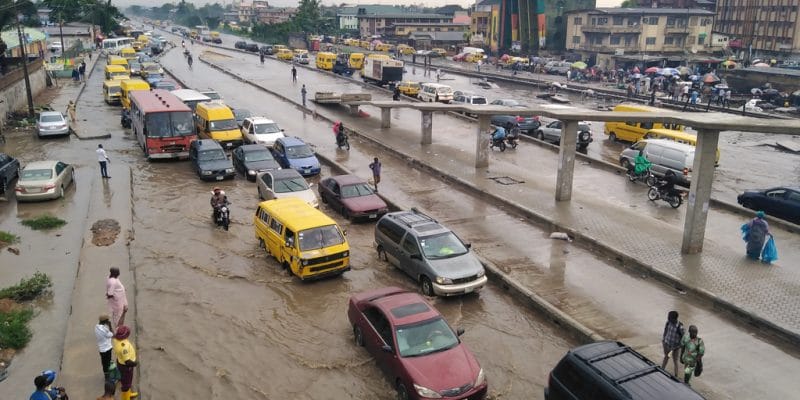With an estimated population of nearly one billion, African cities are now facing the challenge of health and well-being of their populations, which is an essential lever for the growth of the continent. This is the opinion of African mayors who were in Dubai, United Arab Emirates (UAE), for the launch of the "Healthy Cities" platform to strengthen the resilience of health systems and sustainable initiatives.
Lagos, Kinshasa, Dakar and Johannesburg, these large African cities all share the phenomenon of climate change, but also of the demographic explosion. In this context, a group of mayors from Africa met in Dubai in the United Arab Emirates (UAE) to set up the Healthy Cities initiative aimed at improving the governance of cities for health and well-being, as well as promoting sustainable livelihoods.
It is a joint initiative of the World Health Organization (WHO) Regional Office for Africa and the United Nations Habitat Programme (UN Habitat), with the support of the Swiss Agency for Development and Cooperation (SDC). Leaders from several cities were present, including Douala, the economic capital of Cameroon, and Lusaka in Zambia. For Yvonne Aki-Sawyerr, the mayor of Freetown, the capital of Sierra Leone, Covid-19 will have stimulated creativity and innovation in the face of the health challenges that cities have long been facing.
“Healthy Cities is a WHO-supported initiative that aims to put health at the top of the social and political agenda of African cities by promoting health, equity and sustainable development through innovation and multi-sectoral change. Mayors of participating cities have committed to address these priorities by adopting more participatory approaches to urban governance for health and well-being, and by promoting social innovations and dialogues at the local level,” says Adelheid Onyango, director of the universal health coverage/healthier people group at the WHO Regional Office for Africa.
Tangible initiatives
Among the strategies advocated, the municipal authority of the city of Gaborone in Botswana, located 15 km from the South African border, was cited as a model, particularly for its mobile immunisation centres, which have been set up in most of the city’s streets. Also, the digitalisation of the salary payment system and the increase in the number of Wi-Fi access points in the Botswana capital.
Read also-AFRICA: 3 cities honoured for their green innovations against Covid-19
In Congo, the Brazzaville City Council launched an operation called “Cleanest Zone” to promote behavioural change in waste management. To this end, waste collection tricycles have been provided to young people to set up micro-enterprises, helping to increase the number of registered waste collectors from 3,000 to more than 50,000, with the resulting creation of jobs.
Benoit-Ivan Wansi






